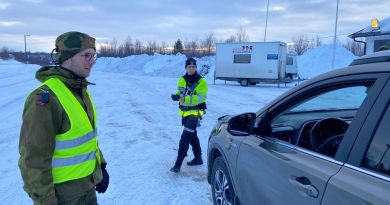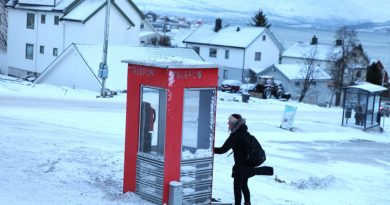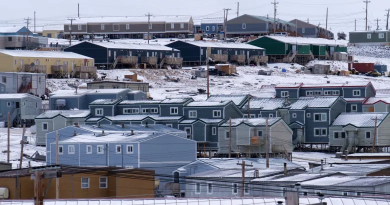Yukon FN says mineral staking ‘unwelcome, unlawful’ during land-use planning process

Territorial government maintains its authority, saying ‘the law is the law of the Yukon’
The First Nation of Na-Cho Nyäk Dun (FNNND) and the Yukon government are at odds over who has ultimate authority over mineral staking in the First Nation’s traditional territory.
In a statement last week, FNNND said any mining claims staked in its traditional territory while a land-use planning process is underway for the region are “unwelcome, unlawful, and will be opposed through all available legal and political avenues.”
The First Nation issued the statement after signing a memorandum of understanding with the territorial government to initiate regional land use planning in its traditional territory.
The regional land use planning process proposes to cover an area of about 35,000 square kilometres, or about seven per cent of the Yukon. It would determine where development can and cannot happen within the region.
“The land use planning process comes very early in our final agreements and really, it should have been completed three decades ago,” said FNNND Chief Dawna Hope.
“We wouldn’t be in the situation we are right now if we knew where the go and no-go zones were across the landscape.”
The First Nation cited a 2023 Yukon Supreme Court decision regarding a mineral project in FNNND territory, where the court found that new development approved during land planning undermines the process.
“Accordingly, Yukon law strongly discourages staking claims in areas undergoing a land use planning process,” the First Nation’s statement reads.
FNNND says it has also adopted its own policy to govern mining in its traditional territory throughout the planning process.
“We want to build respectful relationships built on [FNNND’s mining policy and the land use planning process] as dictated within our final agreement,” Hope said.
The First Nation’s statement also came on the heels of its announcement last week that it was rejecting the territorial government’s framework to overhaul Yukon’s mining laws.
Yukon Minister of Energy, Mines and Resources John Streicker said on Thursday that the government does not agree with FNNND about the lawfulness of mineral claims staked during the planning process. He said the FNNND’s mining policy could be used as an outline for how to engage with the First Nation, but it is not the final authority.
While Streicker says the government directs mining companies to consult with First Nations, he says FNNND’s final agreement confirms that on non-settlement lands, the Government of Yukon maintains legislative and management authority over mining development.
“The law is the law of the Yukon, and it is the existing minerals legislation until we get this new minerals legislation in place,” Streicker said.
Related stories from around the North:
Canada: N.W.T. gov’t to review impact benefit agreements between mines and Indigenous groups, CBC News
Greenland: Greenland ‘Freedom City?’ Rich donors push Trump for a tech hub up north, Reuters
Russia: Russia sees stable oil exports and booming gas business by 2050, Reuters
Sweden: Swedish developer GRANGEX buys iron ore mine on Norway’s border to Russia, The Independent Barents Observer
United States:Trump’s push for drilling, mining sharpens debate for Alaska Natives about land they view as sacred, The Associated Press



